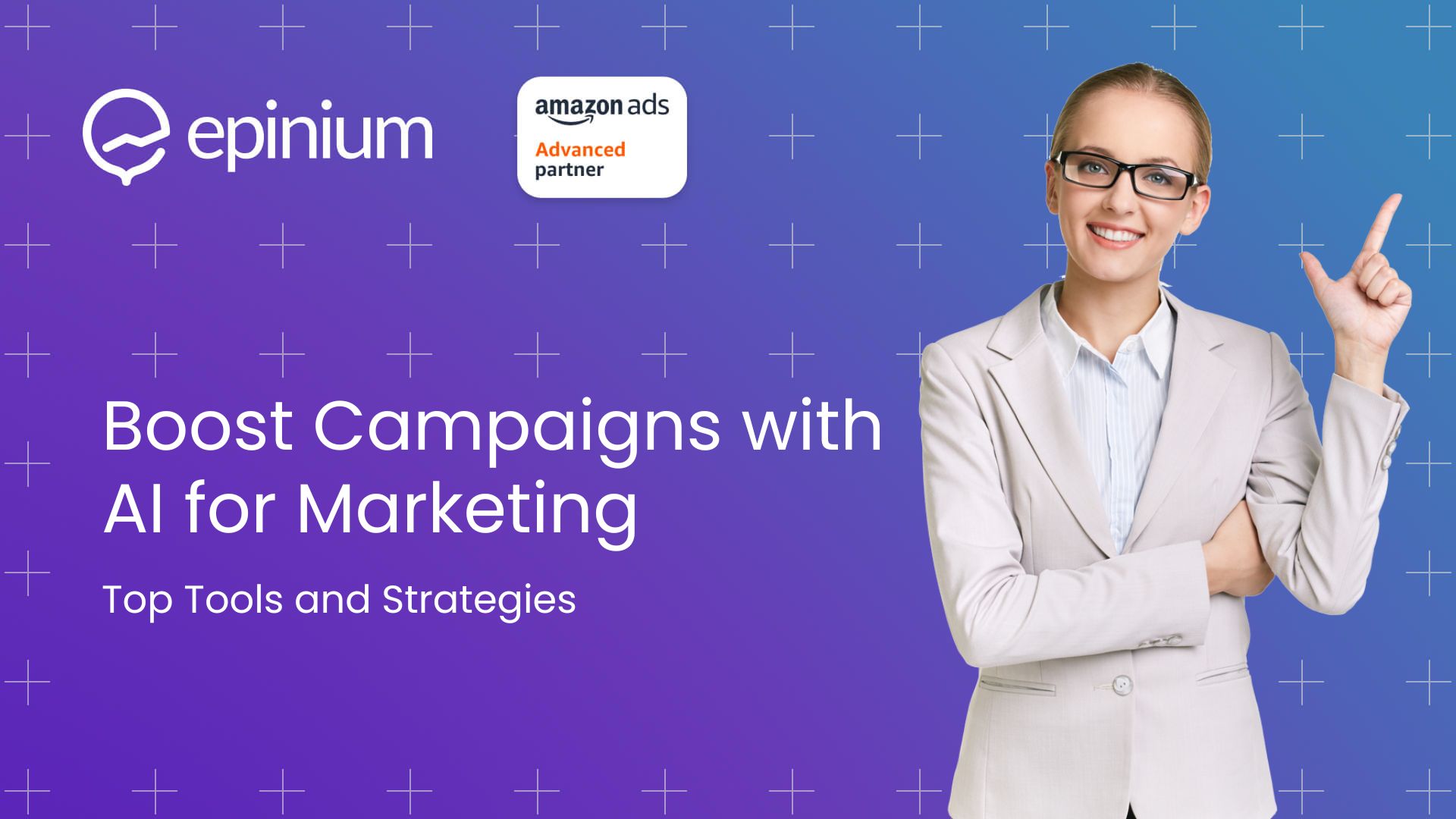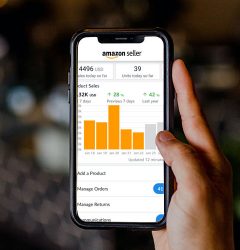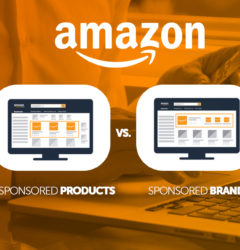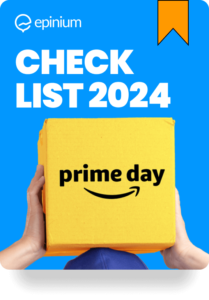Introduction
AI for marketing refers to the use of artificial intelligence technologies to automate data collection, analysis, and decision-making processes in marketing campaigns and content creation. This technology enables marketers to develop more personalized and effective strategies, enhancing customer engagement and overall marketing efficiency.
What is AI Marketing?
AI for marketing involves using sophisticated AI tools to gather and analyze data. These technologies allow marketers to predict customer behavior, personalize interactions, and optimize campaigns with unprecedented precision.
The Rise of AI-Powered Marketing
The evolution of AI-powered marketing has revolutionized the industry. Marketers now have the ability to forecast customer behavior, personalize interactions, and optimize campaigns with unparalleled precision. Leveraging advancements in machine learning, natural language processing, and data analytics, AI can analyze vast datasets to uncover patterns and trends, leading to more effective marketing strategies.
The Importance of AI in Modern Marketing
AI in marketing is not just a trend; it’s a fundamental shift in how marketing strategies are developed and executed. The ability to quickly and accurately analyze large amounts of data, coupled with the continuous improvement of AI algorithms, ensures that AI will remain a cornerstone of marketing innovation for years to come.
Key Applications of AI in Marketing
Customer Segmentation
AI is used to identify and target specific customer groups based on their behavior and preferences. This enables marketers to develop more targeted and effective marketing strategies.
Personalization
AI allows marketers to tailor marketing messages and content to individual customers, enhancing the personalization of their interactions. This leads to higher engagement and improved customer satisfaction.
Predictive Analytics
AI enables predictive analytics, which can forecast future trends and customer actions. This helps marketers to make more informed decisions and optimize their campaigns for better results.
Automation
AI streamlines repetitive tasks such as email campaigns and social media posting. This allows marketers to focus on more strategic activities and improves overall efficiency.
How Do Digital Marketers Use AI?
Enhancing Content Creation
Digital marketers use AI tools to generate engaging content, such as articles, social media posts, and product descriptions. AI helps to optimize SEO and ensure content is relevant and appealing to the target audience.
Improving Ad Targeting
AI enhances ad targeting by identifying and reaching the most relevant audiences, resulting in higher conversion rates and more efficient use of ad spend.
Boosting Customer Service
AI-powered chatbots provide instant support and answer queries in real-time, significantly improving customer service and satisfaction.
Measuring Performance
AI enables detailed performance measurement, allowing marketers to analyze the effectiveness of their campaigns and make informed, data-driven adjustments.
AI in Digital Marketing — The Complete Guide
AI’s applications in digital marketing are extensive. From automating customer interactions to optimizing ad spend, AI tools significantly boost efficiency and outcomes. Understanding how to leverage these tools can transform marketing strategies and drive substantial business growth.
AI Marketing Tools
22 Best AI Marketing Tools to Grow Your Business in 2024
Here are some top AI marketing tools for 2024:
- Epinium: As experts in Amazon management.
- HubSpot: For comprehensive inbound marketing automation.
- Drift: AI-powered chatbots for customer engagement.
- MarketMuse: Content planning and optimisation.
- Crimson Hexagon: Social media analytics and insights.
- Conversica: AI sales assistant for lead engagement.
- Salesforce Einstein: Predictive analytics and customer insights.
- Phrasee: AI-driven email marketing optimisation.
- Persado: AI content generation.
- Acquisio: AI for digital advertising optimisation.
- Blueshift: Customer data platform with AI capabilities.
- Chorus.ai: AI for sales call analysis.
- BrightEdge: SEO and content performance management.
- Quantcast: AI for audience targeting.
- Sprinklr: Social media management with AI insights.
- Emarsys: Omnichannel customer engagement.
- Optimizely: A/B testing and experimentation.
- Clarifai: Image and video recognition.
- Albert: Autonomous digital marketing platform.
- Dynamic Yield: Personalisation and recommendation engine.
- Sizmek: AI for ad serving and optimisation.
- Socialbakers: Social media marketing with AI analytics.
How to Leverage AI Marketing Tools for Your Next Campaign
Maximizing the potential of AI marketing tools requires a strategic approach:
- Identify Campaign Goals: Clearly define your objectives to guide tool selection and overall strategy.
- Select Appropriate Tools: Choose AI tools that align with your specific goals and budget.
- Ensure Seamless Integration: Integrate these tools with your existing systems to avoid disruptions and maximize efficiency.
- Monitor and Adjust: Continuously track performance and make data-driven adjustments to refine your strategy and achieve the best outcomes.
AI Marketing Solutions
AI in Content Marketing
- AI marketing solutions offer versatile capabilities, such as:
- Predictive Modeling: Anticipate customer needs and behaviors.
- Real-Time Personalization: Customize content instantly based on user interactions.
- Campaign Automation: Automate and optimize marketing efforts for better efficiency.
Understanding AI Content Creation Today
AI content creation has significantly advanced, with tools like GPT-4 generating high-quality text efficiently. This enables marketers to produce blogs, social media posts, and product descriptions quickly and effectively.
How We Use AI Content in Content Marketing at Close
At Close, we leverage AI to:
- Generate Blog Posts: AI helps create engaging content quickly.
- Optimize SEO: AI analyzes keywords and suggests improvements.
- Personalize Emails: AI customizes email content based on recipient data.
AI and Our Changing Content Creation Workflow
Our content creation workflow has evolved with AI. It suggests trending topics, assists with initial drafts, and allows human editors to refine AI-generated content, streamlining the entire process.
The Impact of AI on Our Content Marketing Strategy
AI has significantly enhanced our content marketing efficiency and effectiveness. By enabling us to produce more content in less time, tailor content precisely to specific audiences, and boost engagement through personalized interactions, AI has transformed our strategy.
Content Marketing AI: How Artificial Intelligence is Changing the Game
AI is revolutionizing content marketing by enhancing creativity and streamlining processes. AI tools assist in brainstorming and generating content ideas, enabling marketers to produce high-quality content more efficiently. This allows creative teams to focus on refining strategies and crafting engaging narratives. Additionally, AI boosts ROI by automating repetitive tasks, such as scheduling posts and analyzing performance metrics. This not only saves time and resources but also ensures more targeted and effective marketing efforts, leading to higher engagement and conversion rates.
Benefits and Challenges of Using AI in Marketing
Benefits of Using AI in Marketing
- Improved Efficiency: Automating tasks saves time and resources.
- Enhanced Personalization: Tailored content increases customer engagement.
- Better Decision-Making: Data-driven insights lead to more effective strategies.
The Challenges and Limitations of AI in Content
- Quality Control: Ensuring AI-generated content meets quality standards.
- Creativity Limitations: AI can struggle with highly creative tasks.
- Dependence on Data: AI performance relies on the quality of data input.
Implementing AI in Your Marketing Strategy
Incorporating AI into your marketing strategy involves several key steps. First, assess your needs to determine where AI can add the most value. Next, choose the right tools that align with your specific goals. It’s essential to train your team to ensure they understand how to use these AI tools effectively. Integration with your existing systems is crucial for a seamless workflow. Finally, continuously monitor AI performance and refine your approach to maximize results and maintain optimal efficiency.
Future-Proofing Your Content Marketing
- To future-proof your content marketing:
- Stay Updated: Keep abreast of AI advancements and trends.
- Invest in Training: Regularly train your team on new AI tools and techniques.
- Focus on Quality: Maintain high standards for AI-generated content.
- Balance AI and Human Input: Combine the efficiency of AI with human creativity for the best results.






